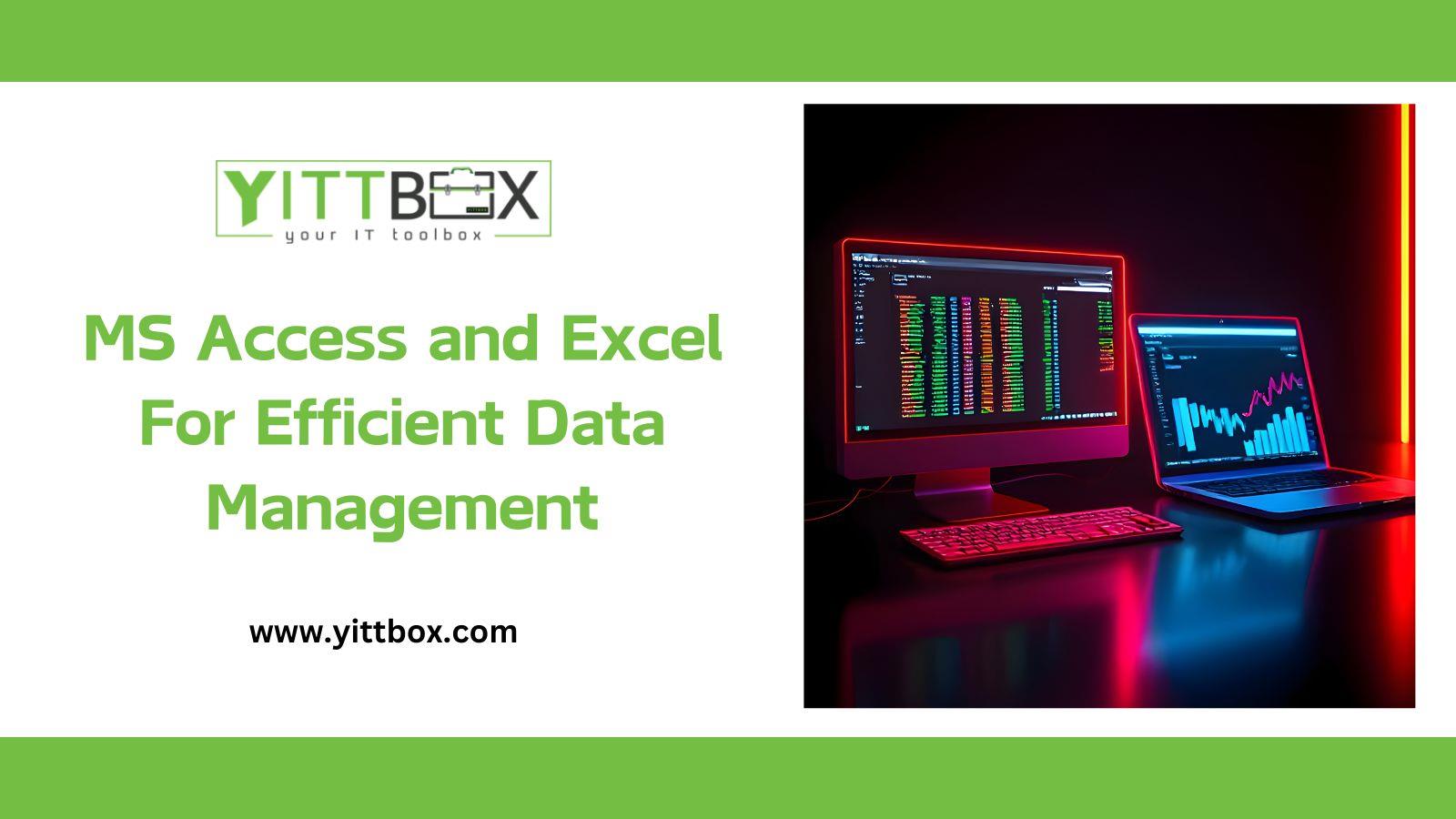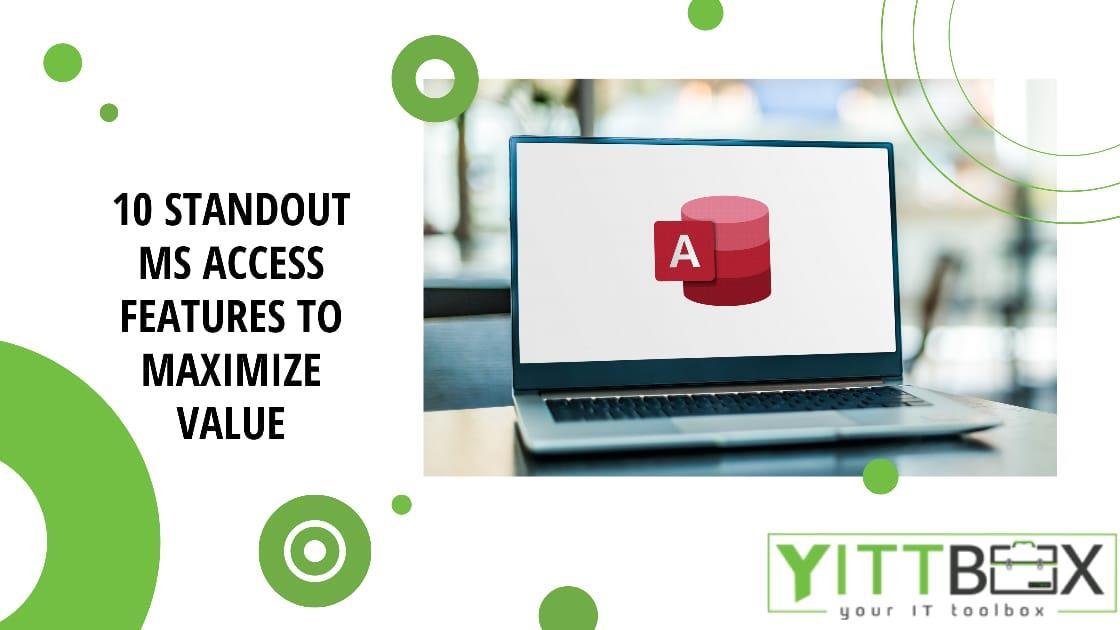MS Access and Excel: For Efficient Data Management
Microsoft Access and Excel are two of the most widely used tools for data management. While both belong to the Microsoft Office suite, they serve different purposes. Excel is primarily used for numerical data analysis, calculations, and visual representation, whereas MS Access is designed to manage structured databases with multiple relationships. Choosing between the two depends on factors like data volume, complexity, and how the data needs to be accessed and manipulated. Understanding their differences can help businesses and individuals make the right choice for their specific needs.
When to Use Excel for Data Management
Excel is Ideal for Data Analysis and Financial Calculations
Excel is widely used for analyzing numerical data, performing complex calculations, and creating financial models. It provides built-in formulas, statistical tools, and pivot tables that allow users to process large amounts of data efficiently. Businesses use Excel to track financial performance, forecast trends, and generate insights through graphical representations.
Excel Works Best for Small to Medium-Sized Datasets
For datasets containing thousands of rows without complex relationships, Excel is a practical choice. It allows users to organize, filter, and manipulate data easily within its tabular structure. When the data does not require relational dependencies between multiple tables, Excel provides a straightforward solution for data storage and management.
Excel Offers Quick Reporting and Visualization Tools
Excel includes various visualization options such as charts, graphs, and conditional formatting, making it easy to present data in a meaningful way. It is commonly used for creating dashboards and reports that provide quick insights into business operations. With its user-friendly interface, professionals can generate reports without requiring advanced technical skills.
Excel Supports Automation for Efficiency
For repetitive tasks, Excel allows automation through features like macros and Power Query. Users can create scripts using VBA (Visual Basic for Applications) to automate data entry, calculations, and report generation. This helps save time and reduces human errors when handling large datasets.
When to Use MS Access for Data Management
MS Access is Designed for Managing Large and Relational Databases
Unlike Excel, MS Access is a relational database management system (RDBMS), which means it can store and manage large datasets with multiple relationships. It enables users to create structured databases where information is stored in different tables but linked together logically. This makes Access a better choice for managing customer records, inventory systems, or other structured datasets that require efficient organization.
Access Ensures Better Data Integrity and Multi-User Collaboration
One of the key advantages of MS Access is its ability to support multiple users working on the same database simultaneously. It enforces data validation rules and constraints to ensure accuracy and consistency. Unlike Excel, where data can be accidentally modified or lost, MS Access provides more control over data entry and security, reducing the risk of errors.
MS Access Provides Advanced Querying and Reporting Features
MS Access includes a powerful query engine that allows users to retrieve specific information quickly. Using Structured Query Language (SQL), users can filter, sort, and extract meaningful insights from large datasets. It also provides advanced reporting tools that enable users to create customized reports with detailed formatting, making it useful for businesses that require structured and frequent reporting.
Key Differences Between MS Access and Excel
Excel and MS Access have distinct functionalities that cater to different data management needs. Excel is best suited for numerical analysis, calculations, and quick data visualization, while MS Access is designed for managing structured, relational databases. Excel is easy to use and allows for flexible data entry, but it lacks the ability to handle large-scale databases effectively. On the other hand, MS Access is ideal for businesses that require structured data management, multi-user collaboration, and advanced reporting tools.
Conclusion: Selecting the Right Tool for Effective Data Management
Both MS Access and Excel play crucial roles in data management, but they serve different purposes. Excel is best for working with numerical data, creating reports, and performing financial analysis, while MS Access is ideal for managing large databases with complex relationships. Understanding their strengths and limitations helps businesses and individuals make informed decisions on how to manage their data effectively. Selecting the right tool can improve productivity, enhance data accuracy, and streamline business processes. By evaluating the specific requirements of your data, you can choose the best solution to optimize data management and decision-making.







